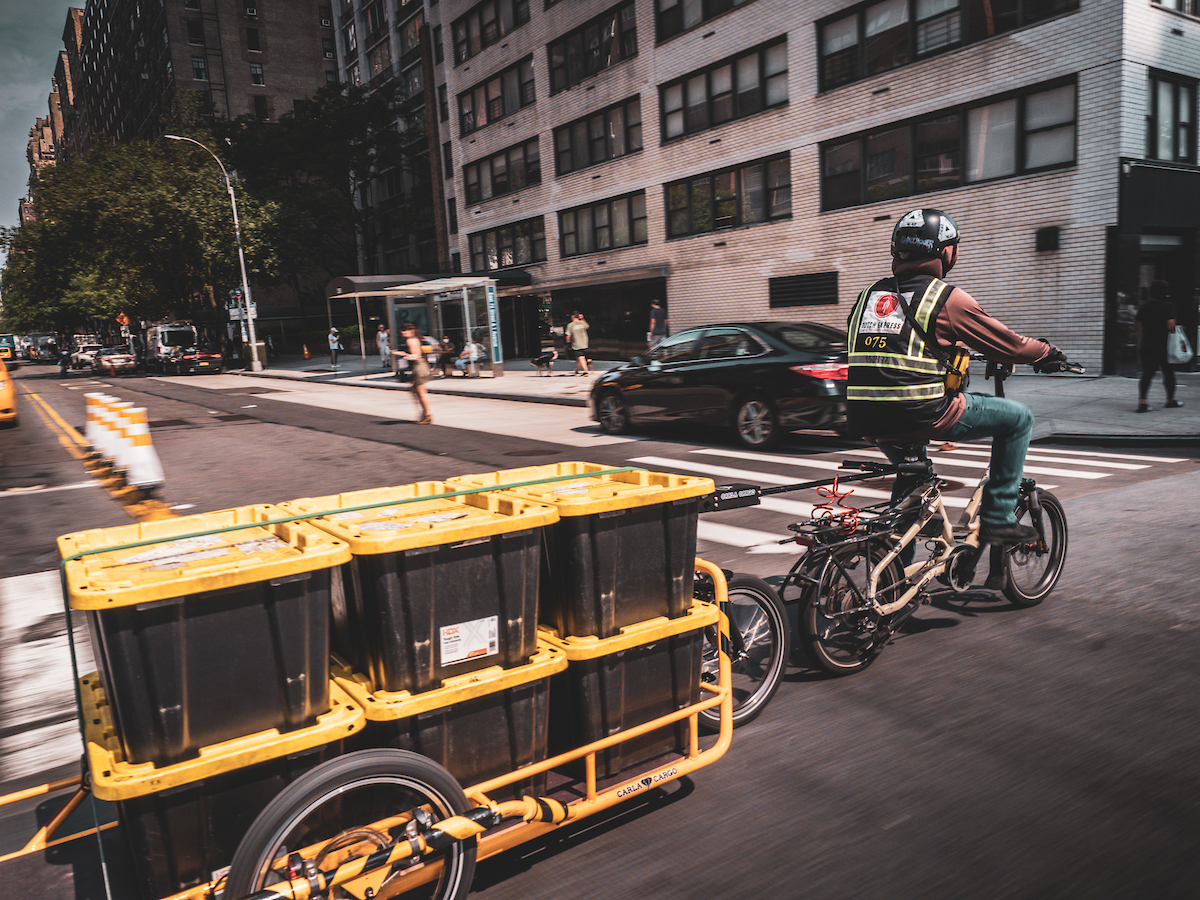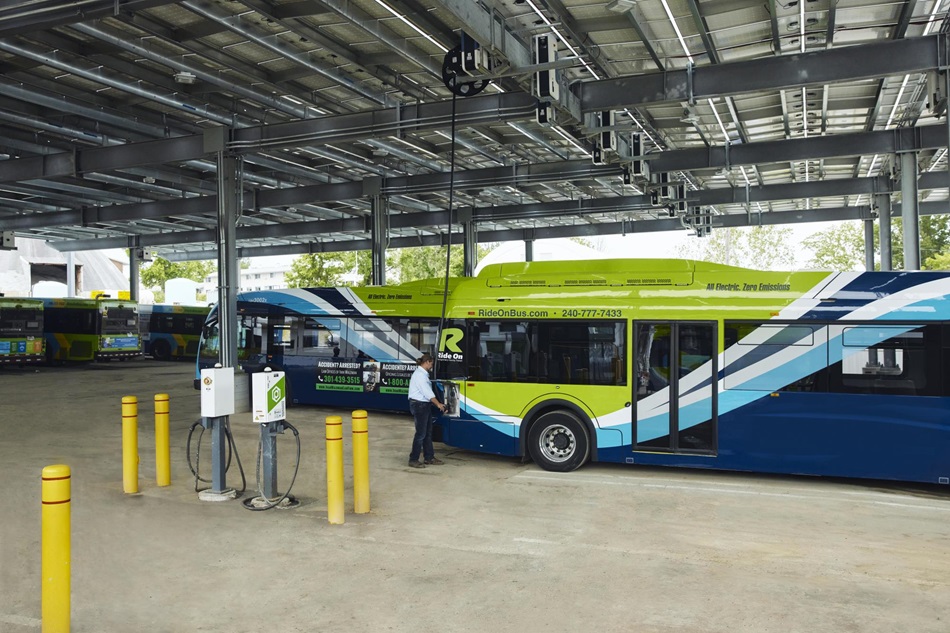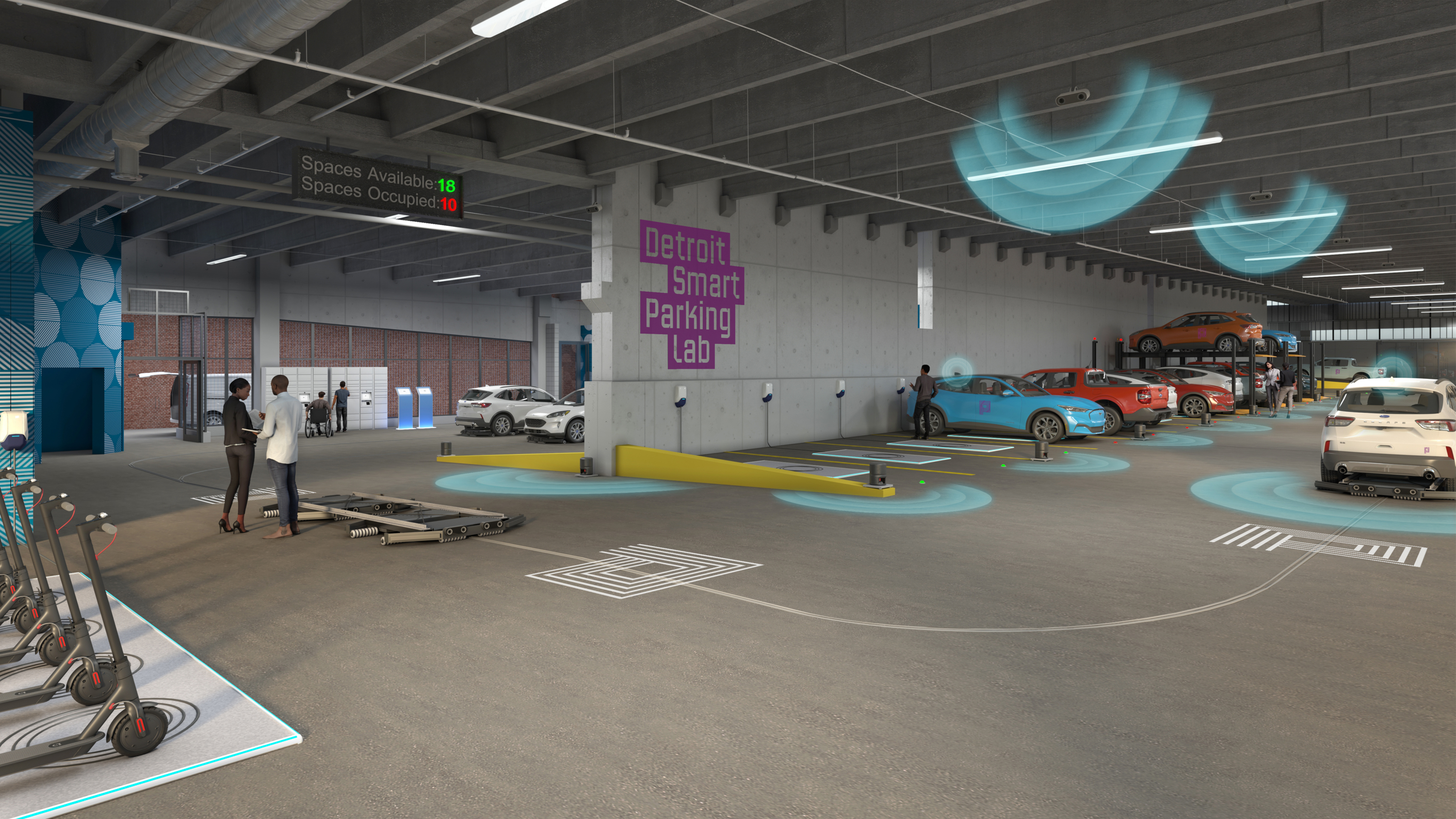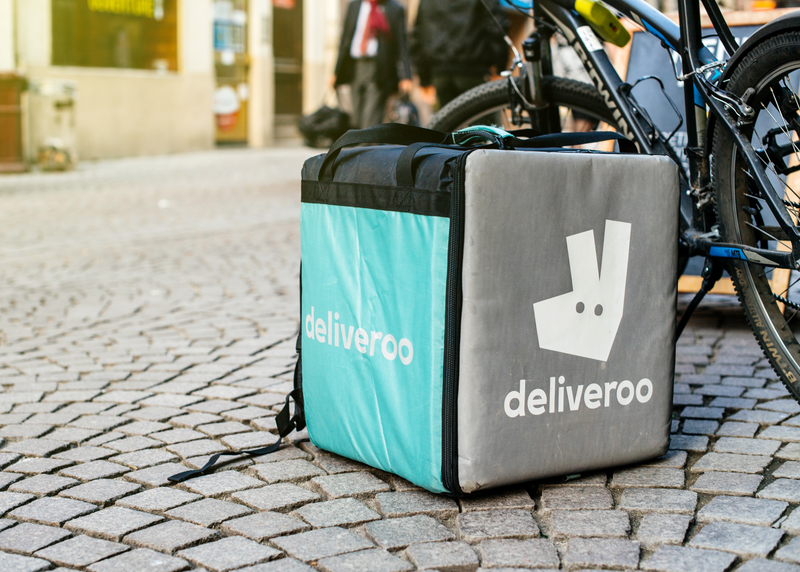
Tern’s electric cargo bikes are being used by Dutch-X to make greener and more efficient deliveries in New York.
The bikes have been paired with an existing fleet of Carla Cargo trailers, which carry up to 150 kg (330 lb).
Tern says this solution carries plenty of bulky cargo, such as the extra-large grocery containers of their main client, Whole Foods — but is still easy to manoeuvre in inner-city traffic.
Dutch-X co-founder Marcus Hoed says: "A lot of our customers are asking for logistics solutions that are cleaner, greener, and more sustainable. For example, about 40% of RFP requirements were related to sustainability.”
However, Hoed emphasises that any solution also has to make business sense.
"Whether it's initial capital expenditure, deliveries/hour, maintenance/month, or even insurance, electric cargo bikes have proven themselves in a dense city like New York," Hoed adds.
Delivery cargo bikes and trailers have received permission from New York City to park in commercial loading zones. This helps reduce the number of delivery vans double-parking and clogging the city's narrow streets.
Cargo bicycles are able to park and unload much closer to the delivery address, saving time searching for parking and shortening the distance a delivery person needs to carry a heavy load to the delivery address.
As part of the project, the Tern e-bikes have been upgraded with Bosch motors and batteries.
"We worked with the New York City Fire Department and they advised us to choose systems that have undergone UL testing and certification," Hoed explains.
UL tests to make sure a battery and system are safe from potential hazards like fire, explosion and electric shocks.
"A lot of bad batteries are coming into the US, and we've now shifted to using UL-certified batteries exclusively," he continues.
"Manufacturers keep pushing component prices down, and that often means sacrificing quality and safety."
Tern's electric cargo bikes are expected to adjust in seconds and without tools to fit riders from 150 to 195 cm.
"When you're operating a fleet, the things that matter are the total cost of ownership and uptime," Hoed points out.
"We've worked with lower-cost e-bikes before but after factoring in increased service costs, shorter operational lifetime, and increased downtime, a Tern bike ends up saving us money."
Bosch supplied firmware that lowers the Tern bike's maximum speed to 12 mph to meet New York regulations for commercial cargo bikes.
"It's great to know that we have that level of support from Tern and Bosch. And we love that Bosch follows automotive standards when it comes to spare parts availability. When we need battery replacements three or even five years from now, they'll be available," Hoed concludes.











